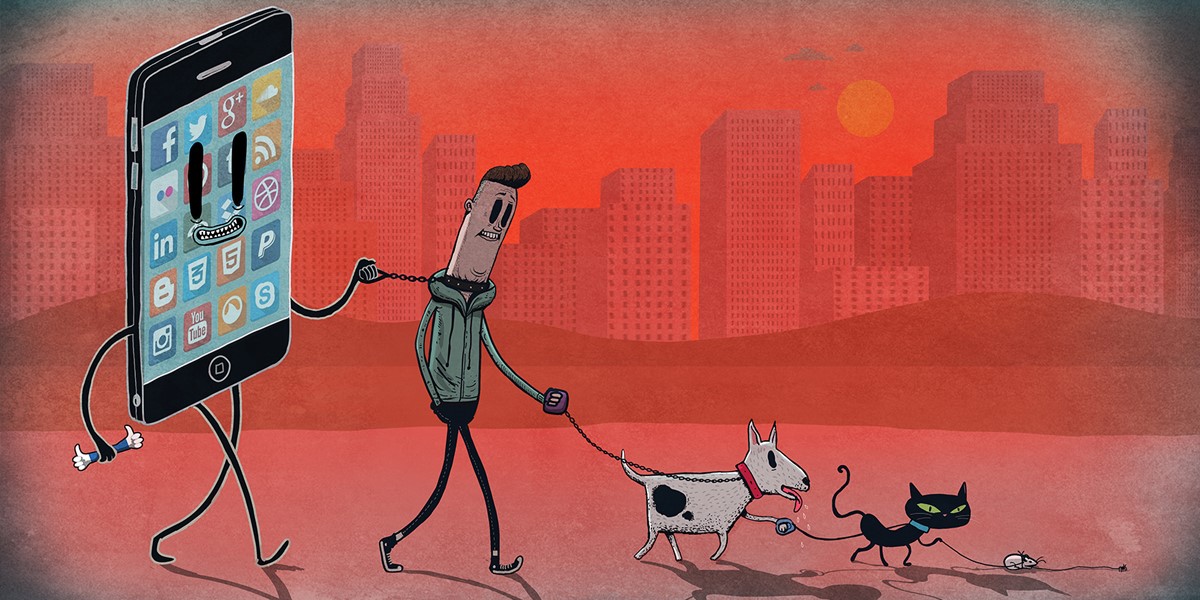In a world where screens rarely leave our hands, phone addiction has quietly become one of the defining struggles of modern life. Our devices wake us up, keep us entertained, interrupt our work — and slowly convince us that constant scrolling is somehow productive. What was once a tool designed to simplify life has evolved into the master of our attention.
The latest Digital 2025 Global Overview Report reveals that the average person now spends nearly seven hours online every day — most of it on mobile devices. That is almost the equivalent of a full night’s sleep sacrificed to screens. We are more connected than ever, but at what cost?
“Most notifications you get are because a machine is trying to get your attention,” says Tristan Harris, co-founder of the Center for Humane Technology. The pings and bright red alerts are carefully engineered hooks pulling us back into the digital world — whether we need to be there or not.
Scientific studies suggest the distraction goes even deeper. A 2023 Scientific Reports paper found that simply having your phone nearby reduces focus and memory performance. Similarly, researchers at the University of Texas at Austin discovered that the mere presence of a phone drains attention, even when it isn’t being used.
No wonder many of us now feel an odd sense of accomplishment after managing the simplest tasks — finishing chores, reading a chapter of a book, or watching a full movie without checking our phones. In the age of distraction, being present has become an achievement.
The consequences extend far beyond productivity. Teachers say students struggle to concentrate in class. Employers report declining focus at work. Even tech creators are expressing regret. Loren Brichter — the inventor of the addictive “pull-to-refresh” feature — told The Guardian: “I regret every minute that I’m not paying attention to my kids because my smartphone has sucked me in.”
If the architects of digital temptation are worried, that should concern us all.
Breaking free doesn’t mean abandoning technology. It means reclaiming control. Experts recommend disabling non-essential alerts, scheduling phone-free moments, and reconnecting with offline hobbies. As Harris puts it: “The ultimate freedom is a free mind. We need technology that’s on our team — helping us live, feel, think, and act freely.”
True productivity isn’t found in constant connection. It is found in the rare moments we resist distraction long enough to think, create, learn, or simply breathe.
If we fail to guard our attention now, the ability to complete a single task without interruption may soon become one of our generation’s greatest accomplishments.





